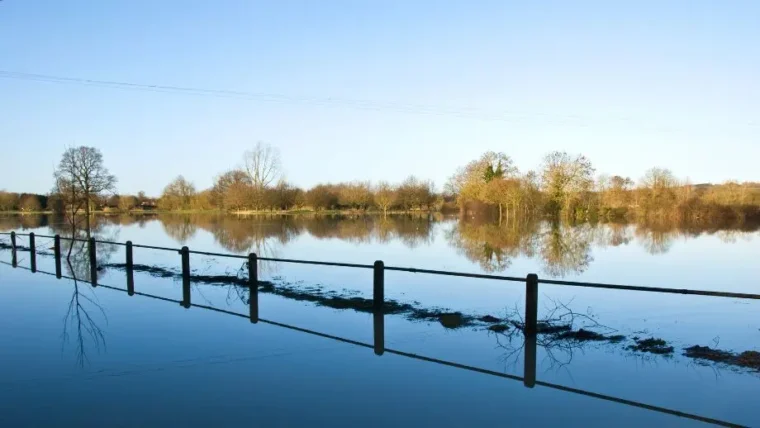What does safe and secure storage mean?
5 October 2016
Under section 35 of the Environmental Protection Act, everyone who deals with waste has a ‘duty of care’ to make sure it does not escape to the environment. Part of that is safe and secure storage. But what does that mean? We’ll take a look in this blog.
Storage containers
However you contain your waste, you need to make sure those containers are suitable for the material you are storing in them. For liquids, this will mean water tight containers that will not corrode or lose integrity due to the liquid in them. For solid wastes, this could be skips, but you must make sure they are in good condition and unlikely to allow waste to escape from cracks or holes or from being broken open.
Storage location
You will need to pay close attention to where you store your waste. Wherever possible, waste should be stored on a hard standing like tarmac or concrete and away from drains and watercourses. This helps to prevent environmental damage if waste does escape. You may also want to consider bunded areas, particularly for liquid wastes. Providing secondary containment will collect wastes if leaks or spillages occur. For all your waste, you should store it away from areas where collisions may occur. This means it should be away from busy vehicle routes and where fork lift trucks or plant manoeuvre.
Prevent waste from escaping
You must prevent waste from escaping and this can be achieved by using covered skips and containers. This will stop waste from being blown out of skips and will also protect your waste from rain and the weather. If a covered skip isn’t possible or practical, you could consider covering your skips with sheets or netting, particularly over night when they won’t be in regular use.
Security
You will need to make sure your waste is safe from scavengers and anyone else. You should have good security on your site to prevent any unauthorised access. In addition, or if your waste storage areas cannot be contained within a secure area, you may want to consider locked skips. This has the added advantage of preventing anyone from disposing of unauthorised waste in your skips and containers. Good security of waste will also prevent animals, children and anyone else climbing into skips which could potentially have very serious consequences.
If you produce or deal with waste in any way, you have a legal duty to ensure it is safe and secure at all times to make sure it does not escape to the environment. This means you should take measures to ensure your waste is kept in suitable containers and secure from interference from unauthorised personnel. Leave your comments below about how you ensure your waste is safe and secure.









